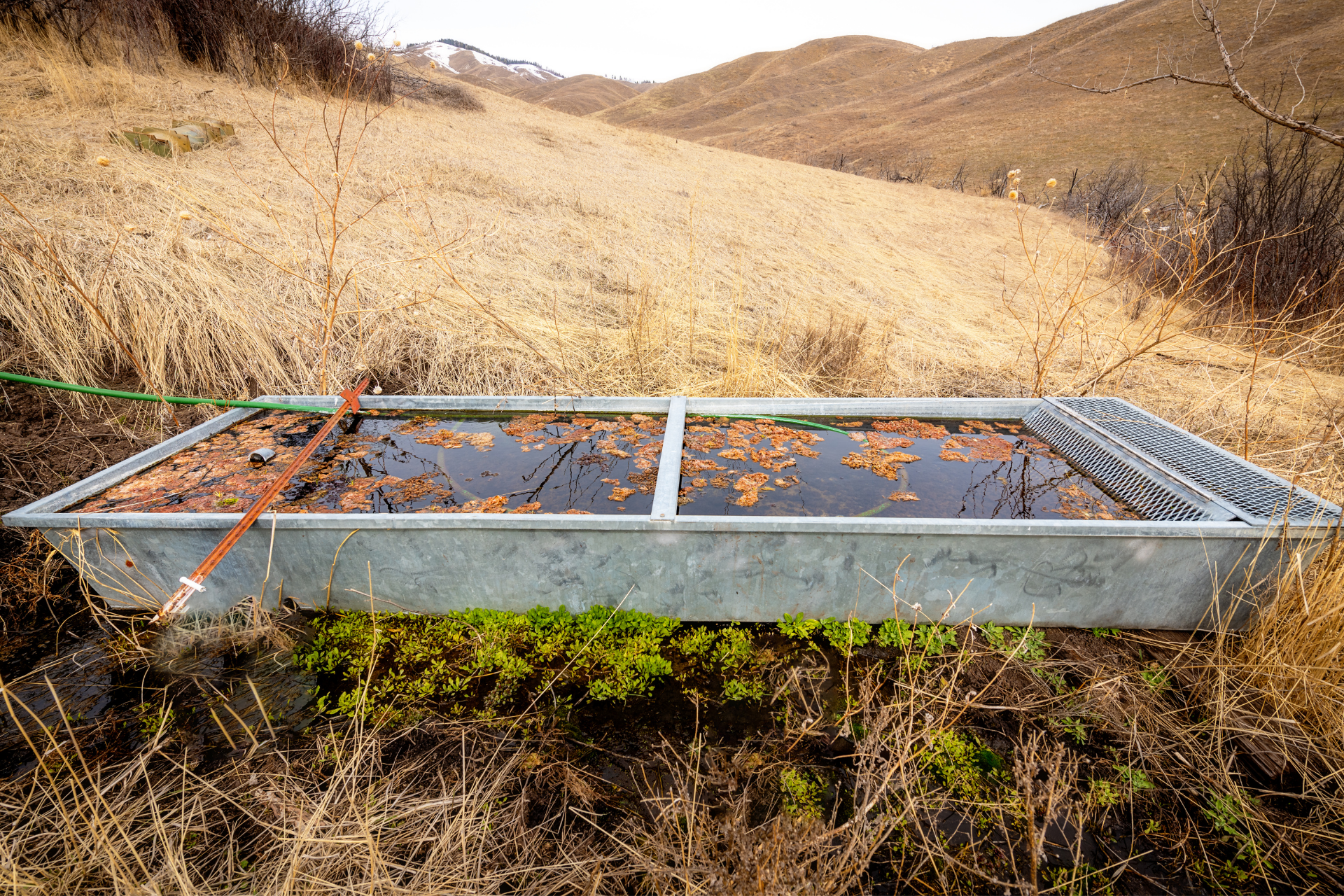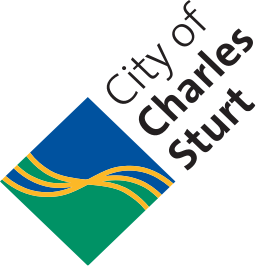
Animal and plant emergency events can be triggered by events such as accidental or deliberate importation of diseases or species, urbanisation of rural areas, agroterrorism (extreme activists) and the intensification of agriculture.
Climate change can also increase the risk of pests and diseases developing. It is important for the economy of the City of Charles Sturt that the biosecurity system remains operational.
Biosecurity is a shared responsibility between government, industry and the community which manages the risks to Australia posed by animal and plant pests and diseases, food-borne illnesses, and misuse of rural chemicals.
Individuals travelling to the City of Charles Sturt
It is everyone's responsibility to keep animals and plants free from pests and diseases. All people, animals and items coming into the country are subject to import requirements. Please observe all relevant laws if visiting the City of Charles Sturt.
Individuals as residents of the City of Charles Sturt
Understanding the understanding biosecurity requirements is critical especially if you are:
- Agriculture and farm workers (including fruit pickers and backpackers)
- Small scale landholders
- Importers of goods, including items purchased online
- Pet owners
You can help by understanding the impacts of disease, identifying destructive plant pests and diseases and reporting outbreaks.
You can also:
- Comply with biosecurity warnings
- Maintain boundary fences
- Buy seeds and plants from a supplier that you know practises good biosecurity
- Control pests in backyard fruit trees and regularly inspect your orchard, crop or garden
- Report feral animals
- Register livestock and poultry (even if you only have a single animal)
- Watch your animals closely for any signs of disease
- Ensure cattle, sheep and goats are tagged with a National Livestock Identification device
- Regularly inspect animals and report any unusual symptoms to your local vet
- Never feed swill to pigs, or anything containing meat or meat products to ruminants
Advice given during an outbreak may include the following measures:
- Do not move animals or birds, onto or off the property
- Isolate (quarantine) suspect animals
- Avoid the movement of people, vehicles, equipment on and off the property
- Improving your cleaning and disinfectant processes
Reporting the first signs of disease is particularly important a list of contacts can be found below. Follow any advice or directions given on reporting.
For Pets
If you observe signs of illness in your pets, contact your local vet.
Farmers Markets
Exotic Plant Pest Hotline - 1800 084 881
Emergency Animal Disease Watch Hotline - 1800 675 888
For Aquatic Animals
FISHWATCH - 1800 065 522
For Wildlife
Emergency Animal Disease Watch Hotline - Free call 1800 675 888
For Plants (including crops and trees)
Emergency Plant Pest Hotline - 1800 084 881
For Fruit Fly Sightings
Fruit Fly Hotline - 1300 666 010
For Livestock
Emergency Animal Disease Watch Hotline - 1800 675 888
Regardless of the size or location of your property, you are responsible for keeping your animals, plants/crops free from weeds, pests and disease. Recovery programs will be tailored to the scale and nature of the outbreak.
If your property has been quarantined, adhere to any quarantine conditions until your property has been suitably decontaminated and keep yourself informed of any updates. Continue to follow good biosecurity practices.
In case of Fruit Fly outbreak
- DO NOT give away or move any fruit or fruiting vegetables unless cooked or preserved
- DO NOT leave fruit or fruiting vegetables lying on the ground
- DO NOT compost any fruit or fruiting vegetables, including those purchased from a shop
- DO place all unwanted fruit and vegetables in your green bin for normal collection
- DO cook or preserve excess fruit and fruiting vegetables
- DO report any maggots found in fruit or fruiting vegetables immediately to the Fruit Fly Hotline on 1300 666 010
- For enquiries refer to the PIRSA website
